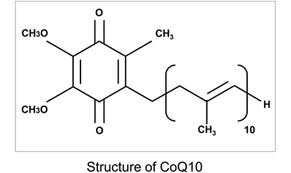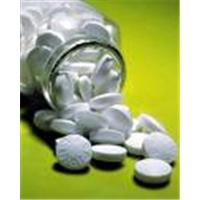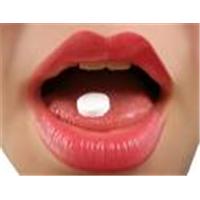A 16-year-old study of older adults has revealed that those with higher blood levels of omega-3 polyunsaturated acids had a lower risk of dying.
Omega-3 fatty acids are abundant in oily fish, such as salmon, sardines and mackerel, have already been linked to a number of health benefits, including a lower risk of cardiovascular disease.
The study included 2,692 US men and women aged 65 years or older who took part in the Cardiovascular Health Study between 1989 and 1993.
Researchers questioned them about their eicosapentaenoic acid (EPA) and docosahexaenoic acid (DHA) intake. Blood samples obtained during 1992-1993 were also analysed for plasma phospholipid EPA, DHA and docosapentaenoic acid (DPA).
Over sixteen years of follow-up, 1,625 deaths occurred, including 359 caused by coronary heart disease (CHD) and 130 resulting from stroke. But the men and women whose total omega-3 fatty acids were among the top one-fifth of participants had a 27% lower risk of dying than those whose levels were among the lowest fifth.
When omega-3 fatty acids were individually analysed, those among the top fifth of EPA, DPA and DHA levels were found to have a 17%, 23% and 20% lower risk. The risk of dying of heart disease was 35% less among those whose total omega-3 levels were highest, and arrhythmic cardiac deaths were lowered by 48%. On average, having an omega-3 fatty acid level among the top fifth conferred 2.2 extra years of life in comparison with whose level was lowest.
When the relationship between omega-3 fatty acid intake and plasma levels was examined, the largest effect was seen with an intake of up to 400 milligrams per day.
Research lead author, Professor Dariush Mozaffarian, of the Harvard School of Public Health said: “The findings suggest that the biggest bang-for-your-buck is for going from no intake to modest intake, or about two servings of fatty fish per week. They support the importance of adequate blood omega-3 levels for cardiovascular health, and suggest that later in life these benefits could actually extend the years of remaining life.”




![Merediabig [320x200].jpg](https://www.elixirnews.com/assets_c/2010/10/Merediabig [320x200]-thumb-320x320-310.jpg)





